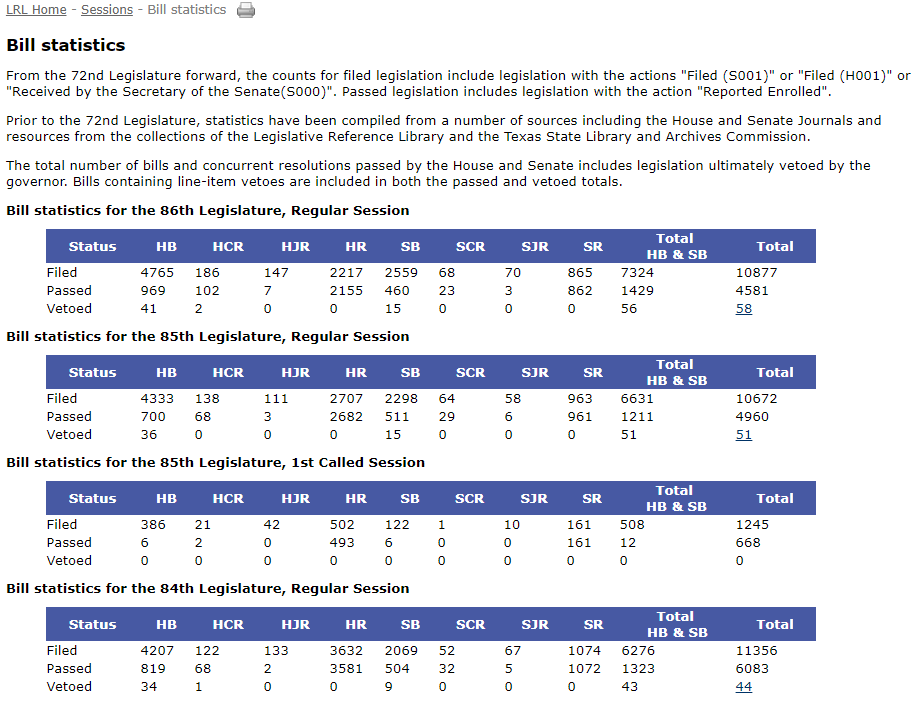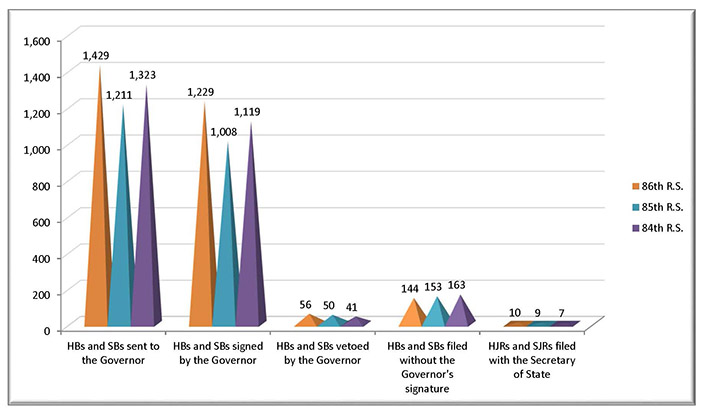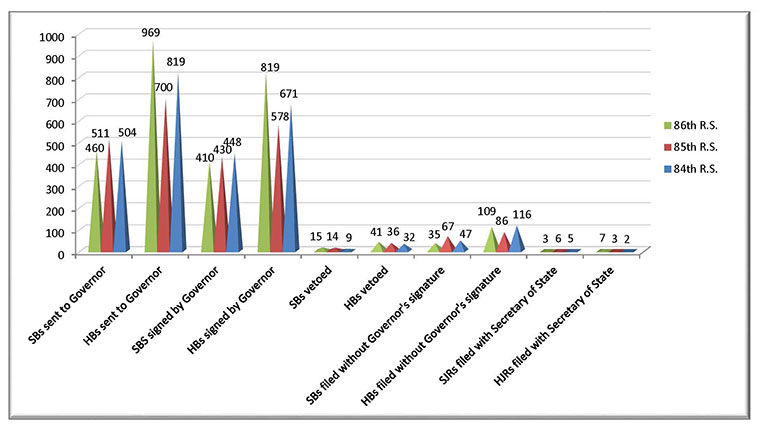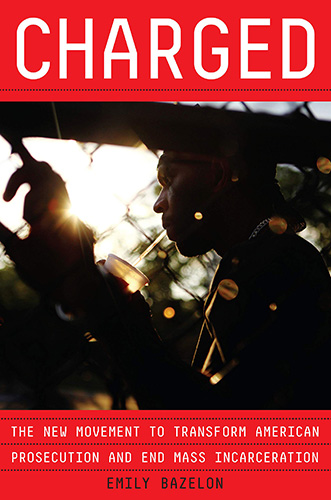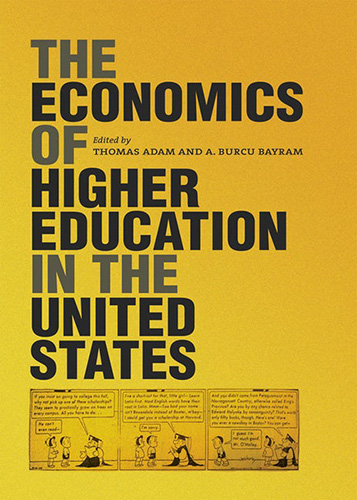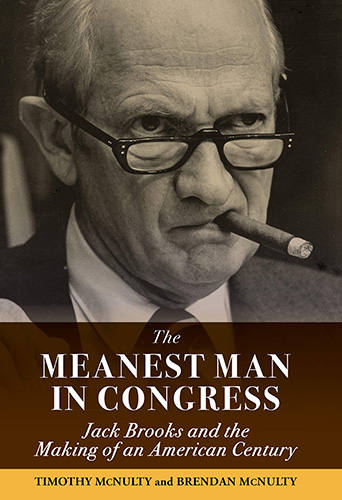- Follow updates and implementation of HB3, 86th Legislature. (Texas Education Agency, updated July 3, 2019)
- Consider whether facial recognition technology needs federal regulation. (The Atlantic, June 28, 2019)
- Protect your car from theft. (Texas Department of Motor Vehicles, ©2019)
- Keep your pets safe during an emergency or disaster. (U.S. Food & Drug Administration, June 28, 2019)
- "Bad medicine." By Liz Hayes. Church & State, July/August 2019, pp. 9-11.
Comments on the denial of care rule, proposed by the United States Department of Health & Human Services [HHS], to protect individuals and health care entities from discrimination on the basis of their exercise of conscience in HHS-funded programs. - "Just business: Few fireworks during session as lawmakers make deals on top priorities." Classroom Teacher (Texas Classroom Teachers Association), Spring 2019, pp. 10-17.
Summarizes key public education issues and bills in the 86th Legislature, including school finance reform, teacher salaries and retirement, school discipline, school safety and mental health, and other bills affecting public schools. - "Virtually defenseless: The national security establishment is woefully unprepared for the new era of cyber-warfare." By John M. Donnelly and Gopal Ratnam. CQ Researcher, June 24, 2019, pp. 15-21.
Examines the new "information warfare," increasing cybersecurity concerns, and military preparation for cyberattacks. - "We love foreign workers." By Shawn Zeller. CQ Weekly, June 17, 2019, pp. 18-23.
Discusses why businesses lean toward hiring seasonal foreign workers over Americans. Addresses problems with labor regulations relating to recruiting and wage fraud. - "Texafornia dreaming; California & Texas: A tale of two states." Economist, June 22nd - June 28th, 2019, pp. 7, 3-14.
Presents a special report on California and Texas. Claims America' future will be written in the two mega-states. - "Transport: Flying start." Economist, June 15th-21st, 2019, pp. 55-56.
Reports drone deliveries are advancing in health care, which could save hospitals millions in lab and pharmacy costs. - "State legislators revamp funding in Texas, Nevada." By Daarel Burnette II. Education Week, June 19, 2019, p. 16.
Summarizes school finance reforms in Texas and Nevada in this year's legislative sessions. Mentions the increase in the Texas education budget to $11.6 billion, an increase in teacher salaries, and full day pre-Kindergarten for eligible 4-year-olds. - "Motor fuels taxes in a changing Texas transportation scene: Should Texas rethink the way it funds roads?" By Shannon Halbrook and Jess Donald. Fiscal Notes, June/July 2019, pp. 1, 3-6.
Describes future trends of motor fuels tax revenue in Texas, providing for the construction and maintenance of state highways, roads, and bridges since 1923. Considers the role of alternative-fuel vehicles, rising highway costs, and the tax structures in other states with variable-rate gas taxes. - "Texas distillers thrive, but hoped for more from state." By Marice Richter. Fort Worth Business Press, June 24-30, 2019, pp. 6, 21.
Looks at the 86th Legislature from the perspective of craft distillers, and discusses legislation passed to allow "sampling of product" for distillers and "beer-to-go" for craft breweries. - "Newspaper-man." By Jay Nordlinger. National Review, June 24, 2019, pp. 18-19.
Considers the value of small-town newspapers and their editors in a profile of Mike Brown, editor of the Rockdale Reporter serving Rockdale, Texas. - "Bad economic justifications for minimum wage hikes." By Ryan Bourne. Policy Brief (CATO Institute), June 20, 2019, pp. 1-8.
Explains why the metrics used to advocate minimum wage hikes are not sensible benchmarks by which to set minimum wage rates, and could instead produce damaging labor market outcomes. - "The confession." By Douglas Starr. Science, June 14, 2019, pp. 1022-1026.
Looks at how and why police interrogations can result in false confessions. - "When was the Republic of Texas no more? Revisiting the annexation of Texas." By Keith J. Volanto and Gene B. Preuss. Southwestern Historical Quarterly, July 2019, pp. 30-59 (Note Length).
Examines the timeline of annexation of the Republic of Texas to the United States through a review of the contemporary congressional and legal proceedings. Argues the "annexation ceremony" on February 19, 1846, at a two-room dogtrot cabin in Austin, is a "historical myth," demonstrating that the actual transfer of sovereignty was on December 29, 1845, when the United States government formally annexed Texas. - "Oregon walkout reflects a growing trend. Here's why lawmakers leave." By Matt Vasilogambros. Stateline (Pew Charitable Trusts), June 27, 2019, pp. 1-5.
Considers the history of legislative walkouts. Points out possible political fallout and financial repercussions for lawmakers who use this tactic. - "Mobilizing against measles." By Sean Price. Texas Medicine, July 2019, pp. 22-29.
Explores the current measles surge, legislative action to address the problem, and advocacy against such action. Identifies a range of pro- and anti-vaccine bills that were considered in the 86th Legislature. - "Who cares." By Grace Gedye. Washington Monthly, July/August 2019, pp. 15-18.
Suggests long-term care is a political issue. Explains how individual caregivers make daily sacrifices to care for their older and ailing family members.
The Legislative Reference Library compiles this weekly annotated list of Current Articles of interest to the legislative community. Professional librarians review and select articles from more than 300 periodicals, including public policy journals, specialized industry periodicals, news magazines, and state agency publications. Members of the Texas legislative community may request articles using our online form.

